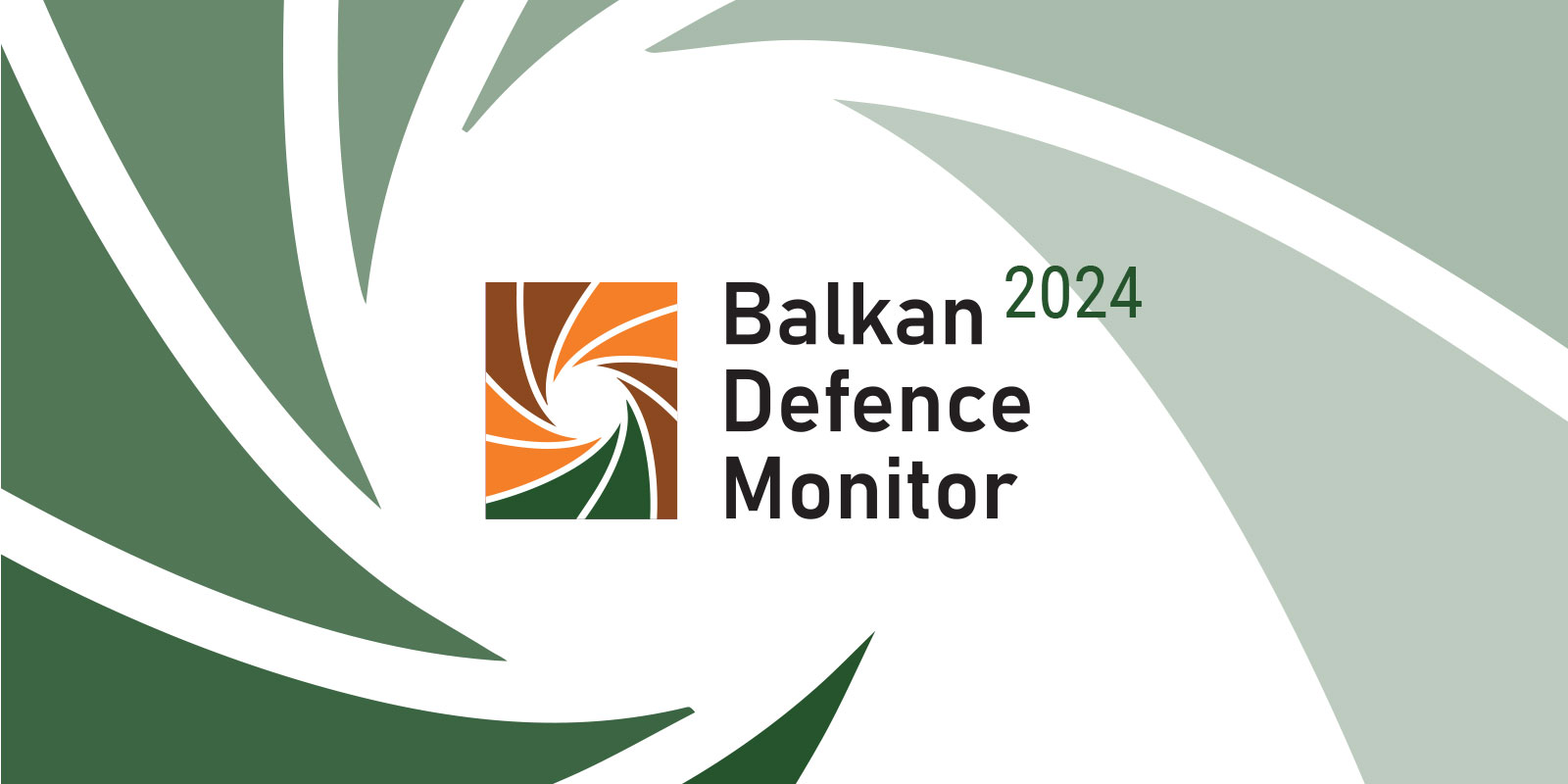PUBLICATION: Analysis
Attitudes of Serbian Citizens Regarding Relations with Kosovo and Albania – Analysis of public opinion poll
What do the citizens of Serbia think about the dialogue between Belgrade and Pristina? What do they see as the best outcome of the dialogue? How do they assess the relations between Albania and Serbia? We present you an analysis of citizens' attitudes on these topics.
Relations between Serbia and Kosovo are currently reduced to the EU-facilitated talks in Brussels. The long-stalled talks went “back on track” after the appointment of EU Special Representative Miroslav Lajcak. The resumption of the dialogue was influenced by a different US approach to the Balkans following the presidential election and the appointment of Special Envoy Gabriel Escobar. Despite the international community’s strong desire for the leaders of Serbia and Kosovo to return to the negotiating table, it seemed that Serbian President Aleksandar Vučić and Kosovo’s Prime Minister Albin Kurti were unwilling to take a step forward. Their first meeting in June 2021 in Brussels was not encouraging, as it revealed personal animosities that threatened to bring the dialogue to another impasse. With an accession perspective that includes no date, i.e. without a tangible ‘carrot at the end of the stick’, leaders seem less motivated to make bold decisions. The actors were more engaged in the production and management of a crisis than in taking an effort to reach a final solution and progress towards EU membership. All in all, ten years after the dialogue began, there is little room for optimism as relations between Serbia and Kosovo are now at their lowest level. Many agreements have not been fully implemented, while the implementation of Brussels’ provisions concerning the association of Serb-majority municipalities is still pending.
The data presented in the report derive from the Western Balkans Security Barometer (WBSB) survey. WBSB is a new regional initiative launched by KCSS in 2020, implemented in cooperation with the Belgrade Centre for Security Policy (BCSP) in Serbia and Center for the Study of Democracy and Governance (CSDG) in Albania, supported by the National Endowment for Democracy (NED). WBSB serves as an instrument to measure public perceptions in Albania, Kosovo and Serbia on different security-related issues. The findings demonstrate how citizens percept or are informed about the issues presented in this report. As such, the views presented in this report do not necessarily represent the views of the KCSS, BCSP, CSDG or NED.
DETAILS
AUTHORS
SHARE
PDF PREVIEW
RELATED

Date: 27.02.2024.
Author: Belgrade Centre for Security Policy |
We present you the new Balkan Defence Monitor - independent and comprehensive source of information regarding defence topics in the region.

Date: 16.10.2023.
Author: Srđan Hercigonja | Vuk Vuksanović |
Turkey’s more assertive posture towards the Balkans is neglected compared to the commentariat that deals with Russia and China. To fill this policy gap, the research team of the Belgrade Centre for Security Policy (BCSP) has conducted research based on the analysis of secondary source material and, even more importantly, on fieldwork interviews that involved 16 sources, academics and think tank researchers based in Istanbul and Ankara.

Date: 28.02.2023.
Author: Belgrade Centre for Security Policy |
We present you the new Balkan Defence Monitor - independent and comprehensive source of information regarding defence topics in the region.



